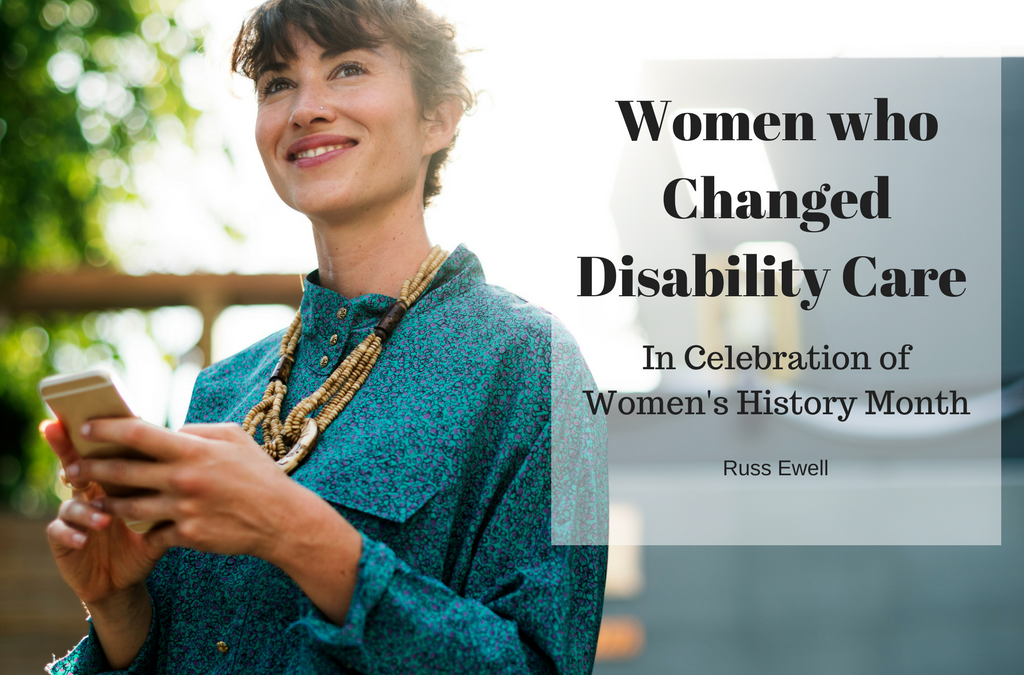As Women’s History Month (March) and International Women’s Day (March 8) rapidly approach, it’s important to remember contributions that women made across the board to various field of research, innovation, writing, pedagogy, and more. One especially crucial area, though, is education, and special education at that. For much of American history, women were professionally marooned to the field of education, as many philosophers believed that the motherly nurturing qualities of women made them particularly well-equipped to impart valuable knowledge, morals, and patriotism onto the youth of the young country. As feminist movements for suffrage and equal pay got steam, women were able not only to teach but to make great strides in psychology, behavioral studies, technology, and special needs education. Here are some of the stand-out heroines in the field of education for children and adults with disabilities.
Nellie Bly | A rabble rouser at heart, Nellie Bly is most commonly remembered for her daring trip around the globe in only 72 days. However, at a time where women weren’t necessarily welcome in journalism, Nelly had to make a name for herself before she was invited to write for any of the big players in print journalism. For her first mission, Nelly disguised herself as a person with a cognitive disability and went undercover at an insane asylum. She took extensive notes about the way she and the other residents were treated, the reasons (of lack thereof) why they were admitted, and the miserable living conditions. Her jaw-dropping expose lead to widespread reforms for homes for adults with disabilities, including stricter legislation and an overall societal change in the way we view people with handicaps.
Anne Sullivan | Helen Keller wouldn’t be the household name it is today if it weren’t for this incredibly patient and talented teacher. Anne Sullivan herself lost the ability to see when she was a child and attended a school for the blind where she learned the manual alphabet. Helen Keller, who was unable to either see or hear, presented something of a brand new challenge. In the early goings, Keller and Sullivan didn’t get along at all, but in time, they learned to trust each other and spent hours and hours per day telling stories and learning history, mathematics, and science, and more. Sullivan has been memorialized in the hit play “The Miracle Worker,” and many of her best practices are still in use by teachers today.
Temple Grandin | Whereas popular wisdom held that autism developed in children from bad parenting, Grandin changed a whole generation’s perspective on the disorder. After proving that the condition is not taught but biological, Grandin went on to develop lessons plans, devices, and coping mechanisms so that young people with autism could learn to live with their condition. Temple Grandin was one of the first adults to publicly disclose that she had autism and credited the disorder for her ability to work so well in the livestock industry, developing techniques for humane treatment of animals destined for slaughter and revolutionizing long-held beliefs about animal behavior. Besides her work in husbandry, Grandin has been a vocal advocate for better understanding of autism and education of the public on the myths and realities of living with it.
